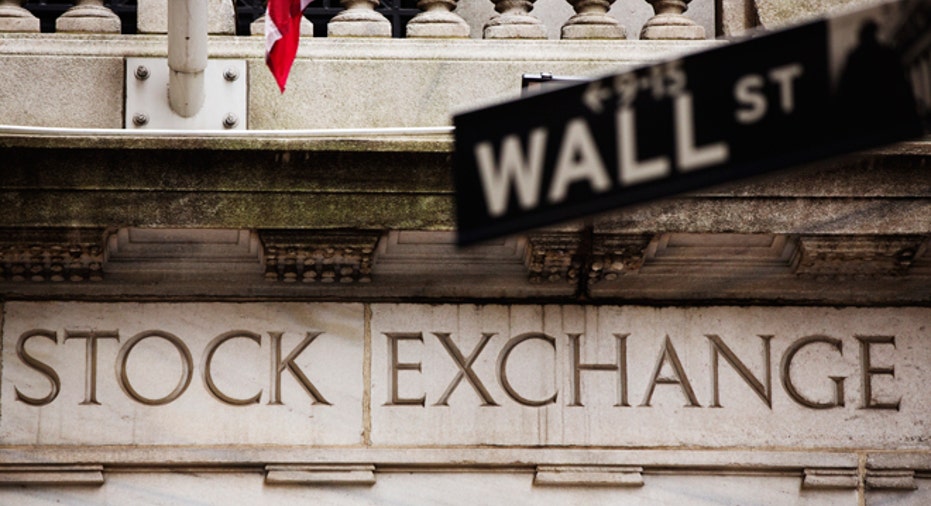Don’t Let FOMO Ruin Your Investment Strategy

Nobody wants to be left out, especially when it comes to making money in the stock market. But that fear of missing out can lead to rash—and wrong--investment decisions.
“The stock markets are driven by people and people are emotional,” says Kyle Mowery, a portfolio manager at GrizzlyRock Capital. “Both fear and greed dominates investor behavior.”
A healthy dose of fear and greed is acceptable when playing the markets, he says, but when they cause you to chase so-called “growth stories” dominating headlines and office conversations, it can have a disastrous effect on your investments.
Take Twitter (NASDAQ:TWRT) as an example: Shares of the micro-blogging site have gained close to 150% since its stock market debut in November as investors clamored to buy the stock out of fear they would lose out on its upward trajectory. But all it took was a weak earnings report just three months later in early February to send the shares plummeting and many investors hurting.
Twitter’s fall from grace is common in the investing world. Wall Street is littered with high-flying stocks that later plummeted taking along investors’ portfolios.
“Everybody knows when they buy individual stocks they’ve got to be in it for a while,” says Pete Benson, a partner at Beacon Capital Management. “But when they see quick run ups and pull backs, it’s very disconcerting. They want to put pain out of their life and bring pleasure in.”
He continues to explain that when investors see a stock going down their mind goes into an internal struggle over whether they should sell it or hold on and wait for it to come back. That war creates agony and prompts them to react out of fear.
It can be hard to avoid knee-jerk reactions, but long-term success means avoiding making decisions out of fear of missing out.
According to Benson, investors, whether they are working with a financial planner or on their own, have to determine their long-term goals and objectives and overlooked the daily or weekly fluctuations and news.
“The antidote for all this vacillating and buying high and selling low all comes down to education and discipline,” he says.
Once you have a plan, it’s time to identify your risk tolerance. Having a clear idea of how aggressive you want to be will help rein in impulses to act when an investment is going south.
In addition to being educated about the nature of the stock market, investors have to be willing to stick to their plan no matter what may happen in the short term, says Mowery. “A lot of folks couldn’t handle the pain and in late 2008 and early 2009 sold their holdings when the plan was to hold the stocks for the long term,” says Mowery. Had they held on to their shares they would have seen their portfolios increase when the markets went back up. “Having a plan and sticking with it is really important.”
The way Mowery sees it, there are two types of biases that cause investors to experience fear of missing out: recency bias and confirmation bias. Recency bias is thinking recent events will become the status quo. For instance, thinking that because last year Wall Street rallied it will definetley continue to rise this year.
Confirmation bias is the tendency for people to favor information that agrees with their thesis instead of seeking out dissenting views, Mowery explains. To overcome recent bias, he recommends investors should write down the risks associated with the investment before putting any money to work.
To over confirmation bias, he says to look for information that isn’t aligned with your ideas about a particular stock or investment.
“Writing down the risks forces us to think about them and thus think in a more balanced way as opposed to the investment is going up therefore it’s a good investment,” says Mowery.



















